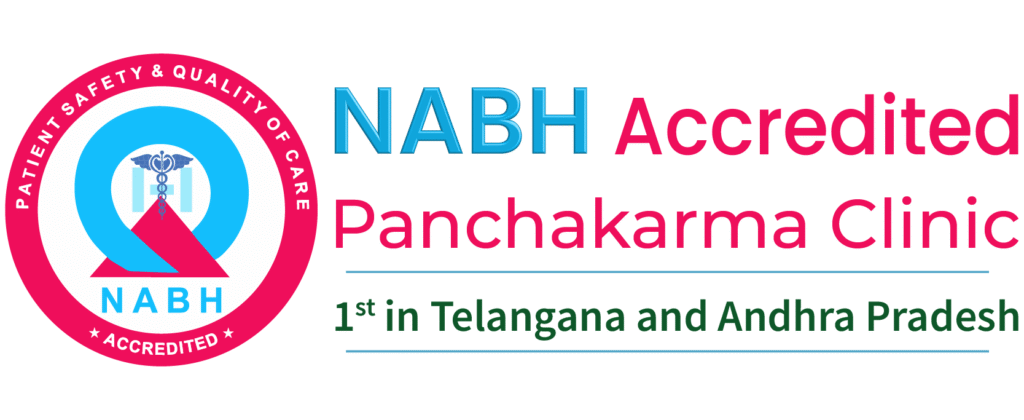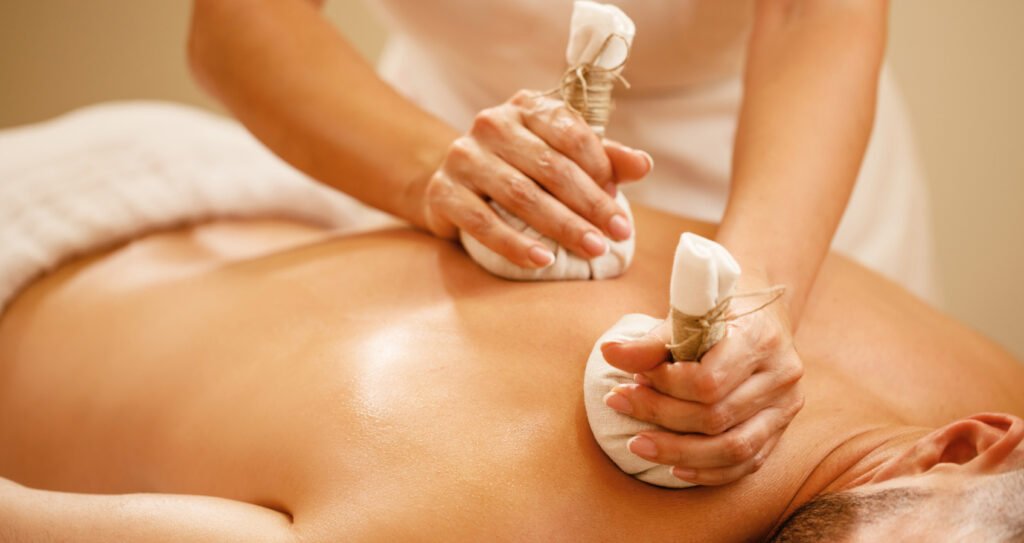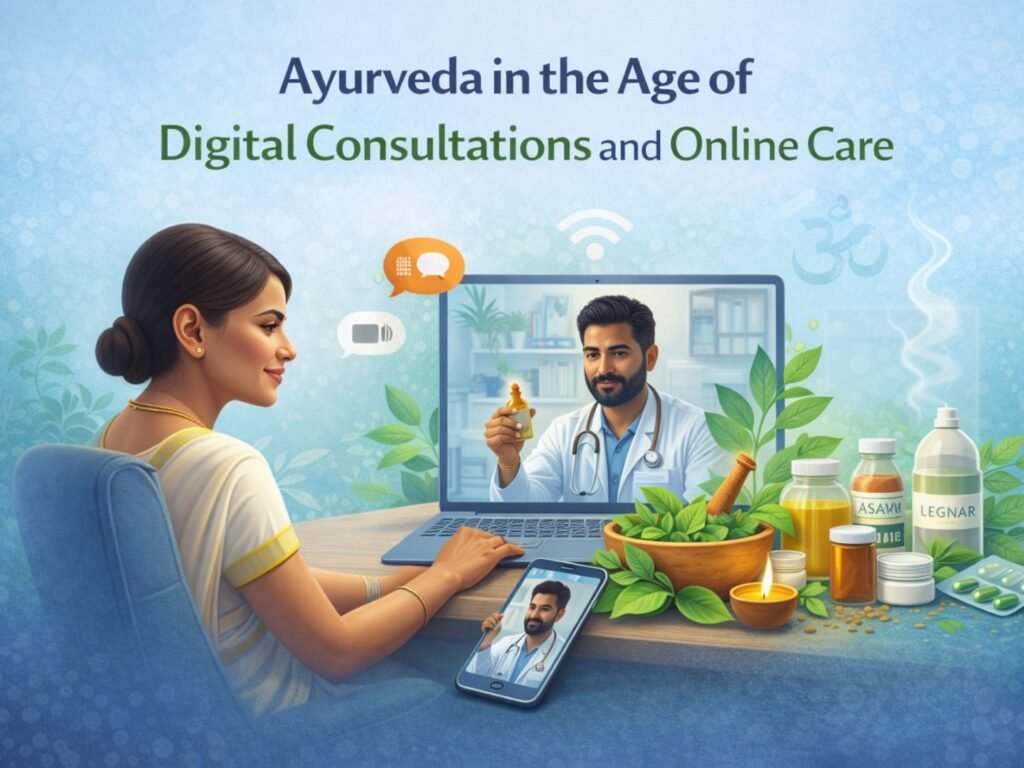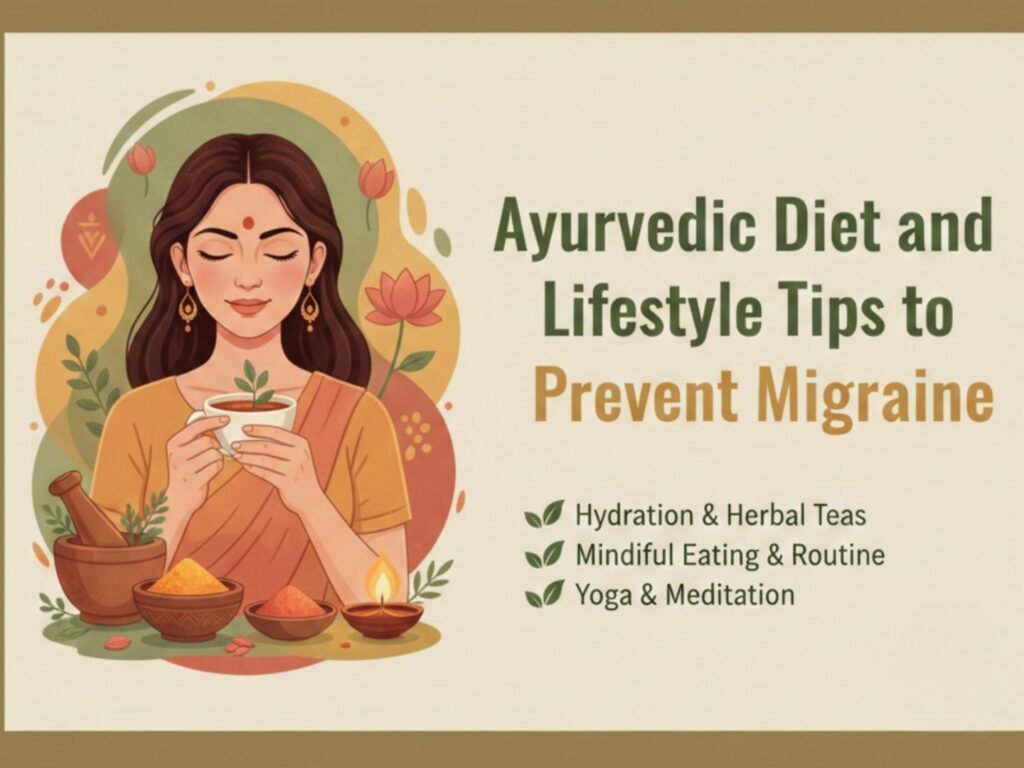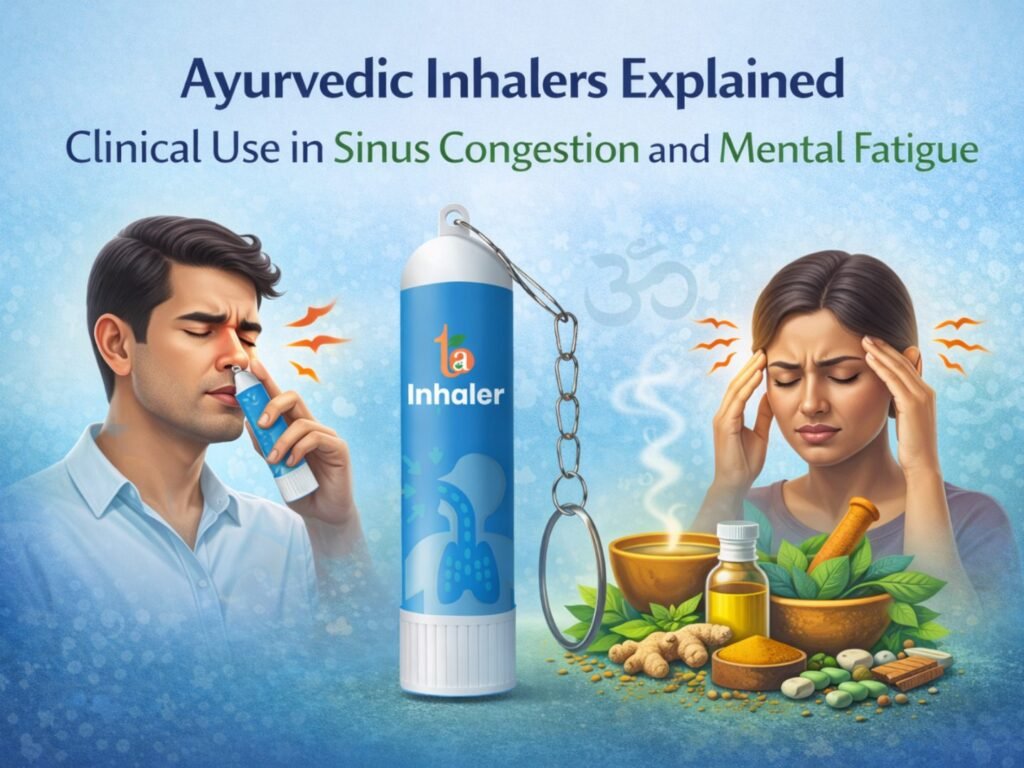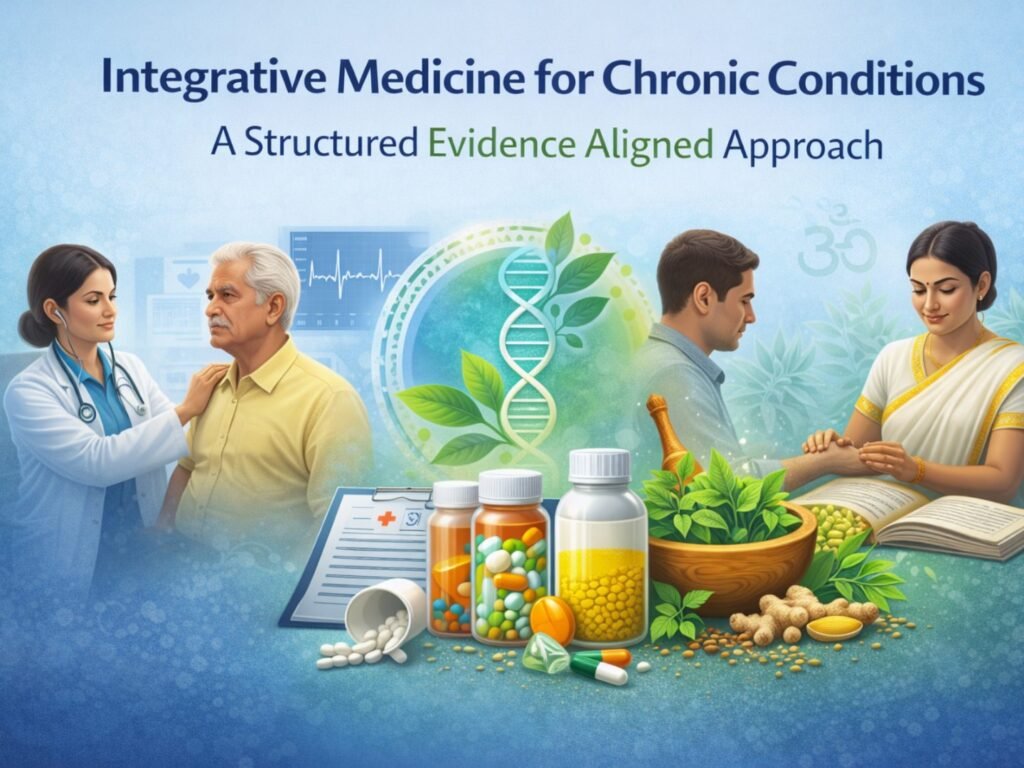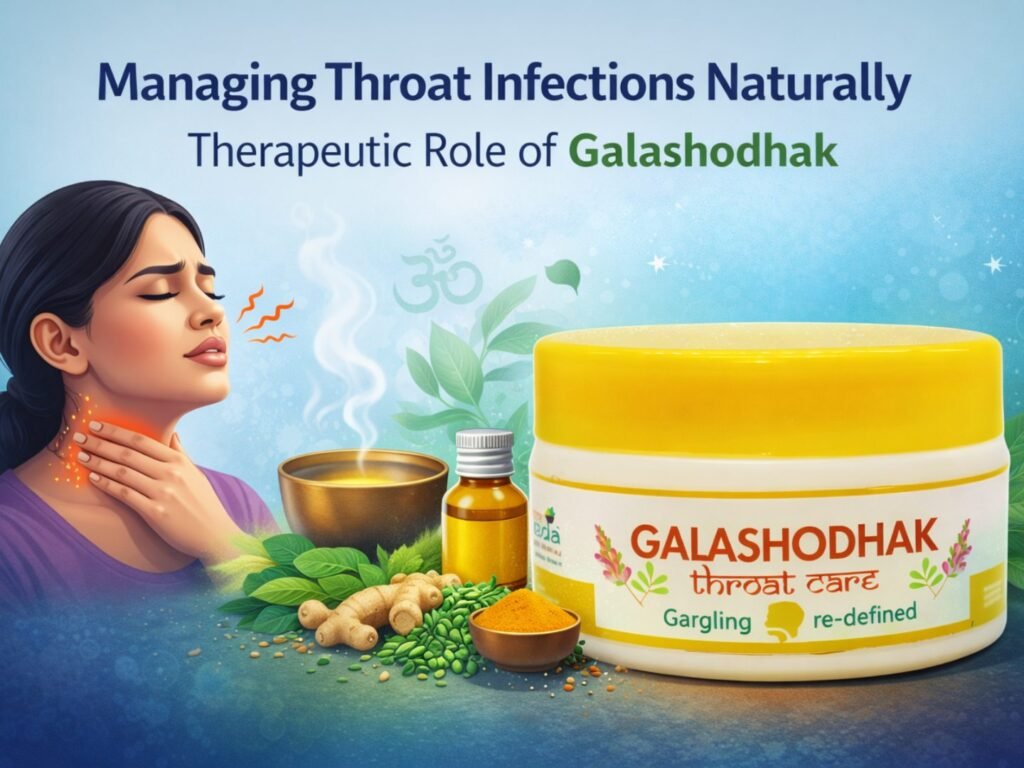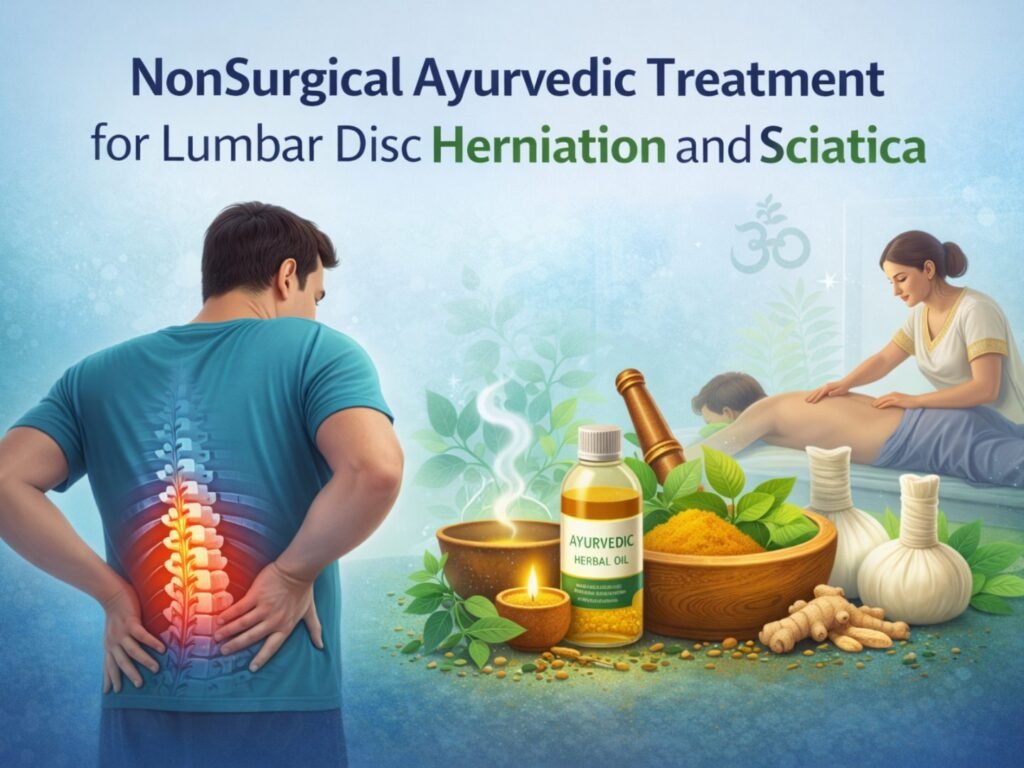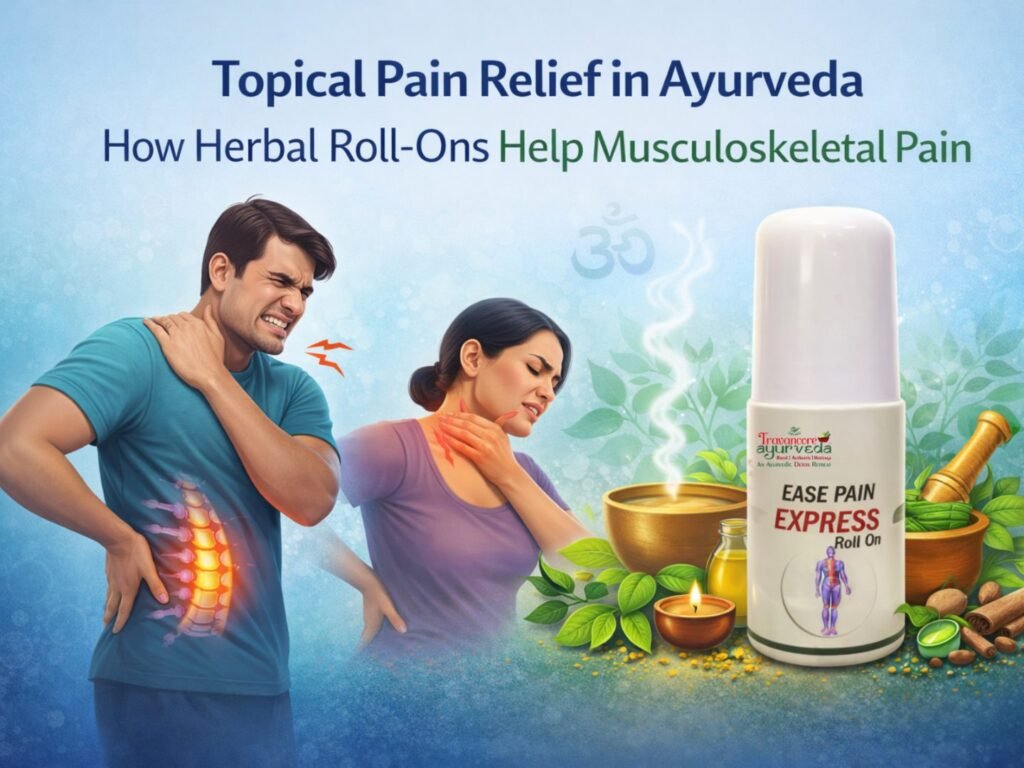Detoxifying with Ayurvedic Panchakarma is ideal two to three weeks before festive events. This timing allows for gradual dietary reintroduction and aligns with the lunar cycle, enhancing energy. Key treatments such as Abhyanga, Virechana and Basti support internal cleansing and rejuvenation. To prepare, individuals should maintain a balanced diet and gentle exercise. Post-cleanse, continuing hydration and mindfulness practices is essential for lasting benefits. To uncover more about the specific treatments and strategies, the exploration continues.
Understanding Panchakarma: The Essence of Detoxification
Panchakarma represents a profound approach to detoxification rooted in ancient Ayurvedic traditions. This holistic system employs a series of therapeutic techniques designed to cleanse the body of impurities, restore balance and promote overall wellness. At its core, Panchakarma utilizes five key procedures: Vamana (vomiting), Virachana (purging), Basti (enema), Nasya (nasal therapy) and Raktamokshana (bloodletting). Each method targets specific doshas or body energies, facilitating deep internal cleansing. By harmonizing the body’s systems, Panchakarma not only eliminates toxins but also enhances energy and mental clarity. As the festive season approaches, individuals seeking innovation in their health practices are increasingly turning to this transformative process. Embracing Panchakarma can lead to a rejuvenated state, paving the way for a vibrant and joyful celebration.
For those seeking personalized guidance, consulting the best Ayurvedic doctor in Vizag can help tailor Panchakarma treatments to individual health needs.
Ideal Timing for Pre-Festive Panchakarma
Ideal timing for pre-festive Panchakarma can greatly enhance its benefits, allowing individuals to fully embrace the upcoming celebrations. Scheduling the detoxification process two to three weeks prior to festive events provides ample time for the body to rejuvenate. This timeframe not only optimizes the cleansing effects but also allows for gradual reintroduction of dietary elements. Individuals can strategically align their Panchakarma sessions with the lunar cycle; for instance, beginning during a waxing moon is believed to amplify energy. Additionally, engaging in Panchakarma during this period fosters physical and mental clarity, ensuring that participants are not merely spectators but active participants in the festivities. Embracing this innovative approach aligns well with the spirit of renewal that the festive season embodies.
Visiting a certified NABH Ayurvedic Panchakarma clinic in Vizag ensures treatments are carried out safely and effectively, maximizing pre-festive detox benefits.
Key Panchakarma Treatments to Consider
When preparing for the festive season, individuals may benefit from considering specific Panchakarma treatments that address their unique health needs. Among the most sought-after options is Abhyanga, an oil massage that rejuvenates and detoxifies the body, promoting relaxation and balance. Another effective treatment is Virechana, which focuses on cleansing the digestive system and eliminating toxins, enhancing overall vigor. Basti, an enema therapy, nourishes and detoxifies while targeting specific dosha imbalances. Additionally, Nasya, a nasal therapy, clears the sinuses and enhances mental clarity. These innovative treatments not only prepare the body for indulgence but also foster a sense of well-being, allowing individuals to embrace the festive spirit with renewed energy and vigor.
If you’re based in Andhra Pradesh, trying an Ayurvedic detox treatment in MVP Colony, Visakhapatnam, can be a convenient option for rejuvenation close to home.
Preparing Your Body for Detox
As individuals prepare their bodies for detox, it is essential to adopt a holistic approach that fosters ideal health and well-being. This preparation involves integrating a balanced diet rich in fresh fruits, vegetables, and whole grains to optimize the body’s natural processes. Hydration plays a vital role, with ample water intake aiding in the elimination of toxins. Additionally, incorporating gentle physical activity, such as yoga or brisk walking, enhances circulation and supports metabolic function. Mindfulness practices, including meditation and deep breathing, contribute to mental clarity and emotional balance, paving the way for a successful detox experience. By establishing these foundational habits, individuals set the stage for a transformative Panchakarma journey, ensuring their bodies are primed for rejuvenation and healing.
Post-Panchakarma Care for Optimal Results
Post-Panchakarma care is essential for maintaining the benefits gained during the detox process, ensuring a smooth shift back to daily routines. This phase emphasizes a balanced diet, incorporating easily digestible foods that nourish the body without overwhelming it. Hydration remains important; herbal teas and warm water support digestion and detoxification. Gentle physical activities, such as yoga or walking, promote circulation and overall wellness. Mindfulness practices, including meditation, foster mental clarity and emotional balance post-detox. In addition, avoiding processed foods and stimulants helps sustain the rejuvenated state achieved through Panchakarma. Engaging in self-care rituals, like Abhyanga (oil massage), enhances relaxation and maintains skin health. This holistic approach not only solidifies the detox benefits but also sets the stage for sustained health and wellness.
Frequently Asked Questions
- Can I Undergo Panchakarma if I Have a Chronic Illness?
The question of whether individuals with chronic illnesses can undergo Panchakarma is complex. It is essential for such individuals to consult healthcare professionals familiar with both their medical history and Ayurvedic practices. Personalized approaches may be necessary, as Panchakarma could potentially exacerbate certain conditions if not tailored appropriately. Ultimately, a thorough evaluation guarantees safety and effectiveness, allowing for innovative applications of Ayurvedic principles while prioritizing the individual’s well-being and unique health needs.
- How Long Does Each Panchakarma Session Typically Last?
Each Panchakarma session typically lasts between 60 to 120 minutes, depending on the specific treatment being administered. This duration allows for a thorough approach to detoxification, integrating various therapeutic techniques tailored to individual needs. The process often includes preparation time and post-treatment relaxation, enhancing overall efficacy. By embracing this innovative approach, individuals can optimize their health and well-being, ensuring a holistic experience that aligns with modern wellness trends.
- Is Panchakarma Safe for Pregnant Women?
The safety of Panchakarma for pregnant women raises important considerations. Generally, it is advised that pregnant individuals avoid Panchakarma treatments, as the processes may disrupt bodily balance and could potentially impact fetal development. However, some practitioners may offer modified approaches that focus on gentle detoxification and relaxation. Each case should be assessed individually, prioritizing the well-being of both mother and child, with professional guidance being essential to guarantee safety during this delicate period.
- Are There Any Dietary Restrictions During Panchakarma?
During Panchakarma, dietary restrictions are integral to the detoxification process. The individual is typically encouraged to follow a Sattvic diet, emphasizing fresh boiled or steamed vegetables, grains, and easily digestible foods. Heavy, processed, or spicy items are generally avoided to facilitate ideal cleansing. By adhering to these dietary guidelines, the body is better supported in its natural healing processes, enhancing the overall efficacy of the Panchakarma treatment and promoting a rejuvenated state of well-being.
- What Should I Bring to My Panchakarma Appointment?
When preparing for a panchakarma appointment, one should consider several essentials to enhance the experience. It is advisable to bring comfortable clothing, as relaxation is key during treatments. A personal water bottle can guarantee hydration, while a journal might be beneficial for noting insights gained throughout the process. Additionally, any specific dietary needs or preferences should be communicated to practitioners, facilitating a tailored approach to individual wellness during the panchakarma journey.
